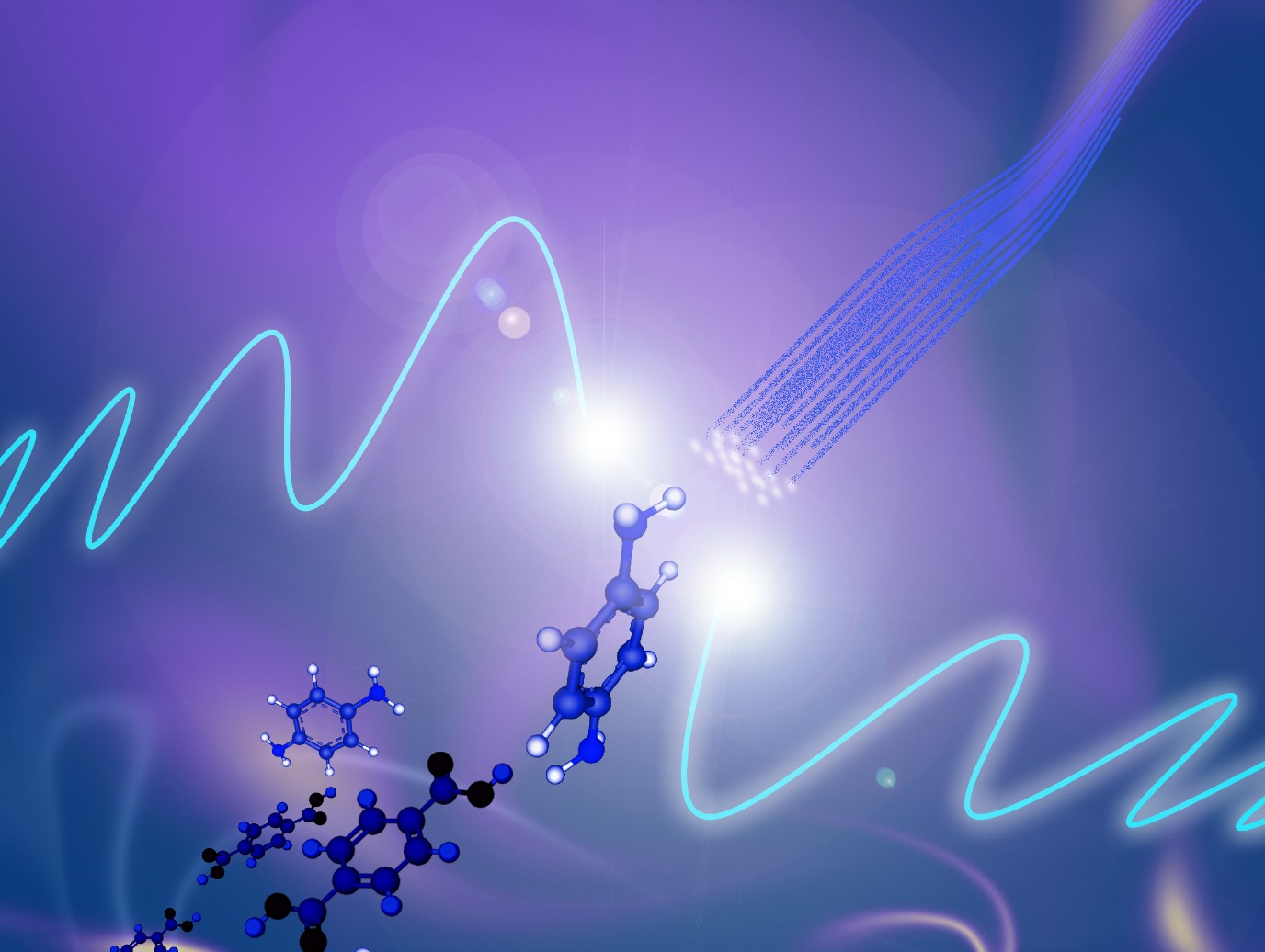Uitgelichte publicaties februari 2025
Kogelvrij vest efficiënt te recyclen dankzij magnetron

Twaron en Kevlar zijn de merknamen van aramidevezels, die zo sterk zijn als staal maar veel lichter. Ze worden onder meer gebruikt voor het maken van kogelvrije vesten, sterke touwen en speciale autobanden Maar dit ijzersterke materiaal heeft een nadeel: het is heel lastig te recyclen. Polymeerwetenschappers van de RUG en de hogeschool NHL Stenden hebben, samen met het Nederlandse bedrijf Teijin Aramid, een nieuw proces voor chemische recycling van aramide vezels ontwikkeld dat werkt met de hulp van magnetronstraling. Dit proces is op 21 februari gepubliceerd in het Journal of the American Chemical Society.
Organische oplosmiddelen
Aramidevezels worden gesponnen van de verbinding PPTA, een afkorting van poly-p-fenyleentereftalamide. Er zijn manieren om dit mechanisch of chemisch te recyclen. Alleen levert mechanische recycling van aramide een lagere kwaliteit materiaal op, terwijl chemische recycling het polymeer weliswaar afbreekt tot monomeren, maar met de bestaande processen duurt dat enkele uren bij een hoge druk en temperatuur. Bovendien zijn er schadelijke organische oplosmiddelen voor nodig.
De nieuwe techniek maakt gebruik van een reactor met magnetronstraling. Dit versnelt het afbreken van de polymeren bij een lagere temperatuur, en er zijn geen organische oplosmiddelen bij nodig. Het proces kan in 15 minuten tot 96 procent van het polymeer omzetten in monomeren.
Duurzaam gebruik grondstoffen
‘De wereldwijde omzet van aramidevezels bedraagt zo’n 1,8 miljard euro, dus dit proces kan een flinke bijdrage leveren aan een duurzaam gebruik van grondstoffen en het draagt bij aan een gesloten, circulaire productiemethode’, zegt RUG-hoogleraar Macromoleculaire Chemie Katja Loos, de hoofdauteur van het artikel in JACS. Er komt nog vervolgonderzoek in samenwerking met Teijin Aramid om de afbraak van de polymeren beter te begrijpen en efficiënter te maken.
Het onderzoek is gefinancierd door het programma Closing Carbon Cycles with Renewable Amines (3CRA) (het sluiten van koolstof cycli met behulp van duurzame amines) van de Rijksdienst voor Ondernemend Nederland, en is uitgevoerd door de hybride onderzoeksgroep Duurzame Polymeren HyBRit, een samenwerking binnen de Universiteit van het Noorden van RUG, Hanzehogeschool en het Drenthe College.
Referentie: Joël Benninga, Bert Gebben, Rudy Folkersma, Vincent S.D. Voet en Katja Loos: Rapid Microwave-Assisted Chemical Recycling of Poly(p-Phenylene Terephthalamide). JACS 21 februari 2025
Meer nieuws
-
17 februari 2026
De lange zoektocht naar nieuwe fysica
-
10 februari 2026
Waarom slechts een klein aantal planeten geschikt is voor leven
